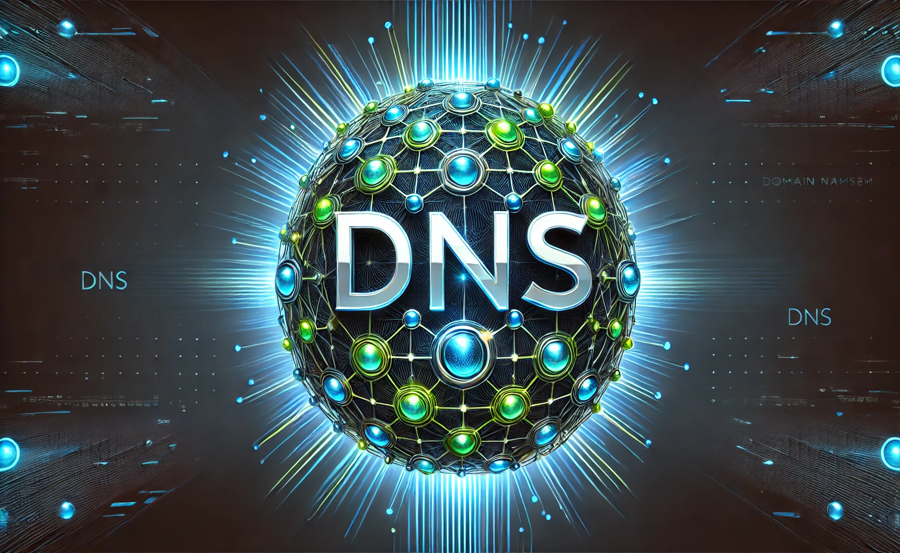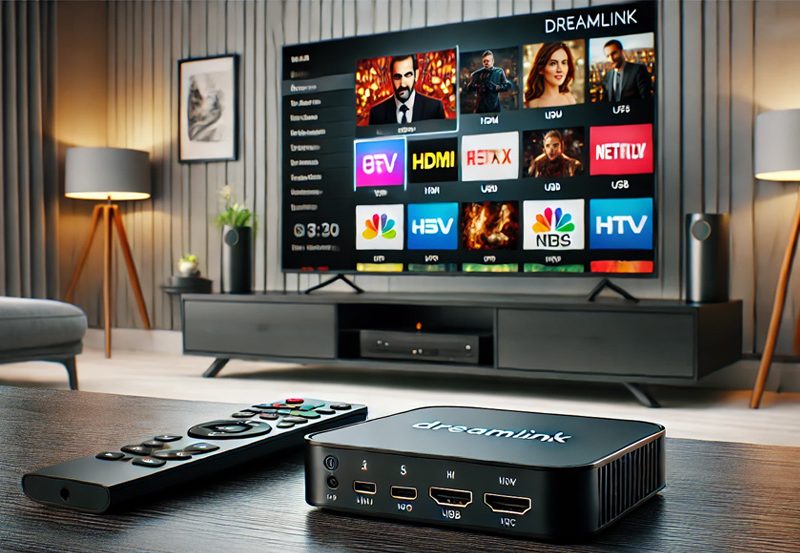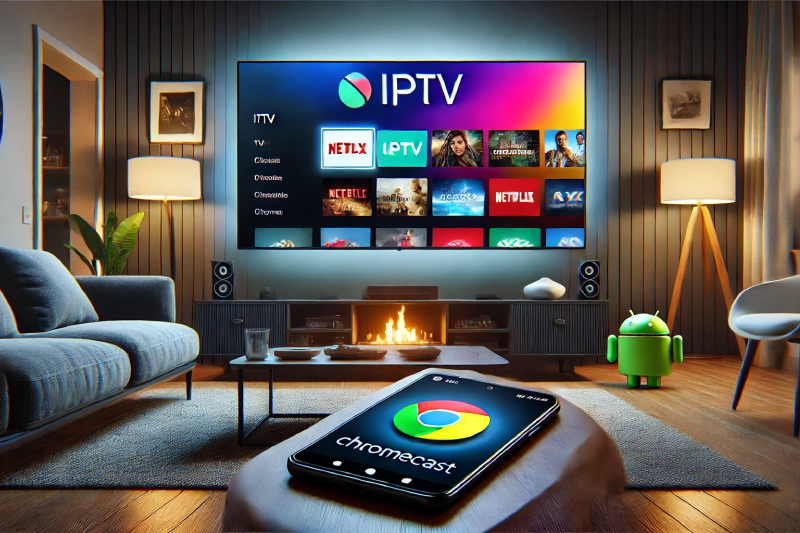The evolution of internet technologies, particularly the adoption of IPv6 (Internet Protocol version 6) and advancements in DNS (Domain Name System), is reshaping how IPTV (Internet Protocol Television) performs. These technologies directly influence streaming quality, latency, and accessibility. This article explores how IPv6 and DNS changes affect IPTV performance and provides insights into optimizing these technologies for seamless streaming. want Buy 3 Months IPTV Subscription
Understanding IPv6 and Its Role in IPTV
What is IPv6?
IPv6 is the latest version of the Internet Protocol, designed to replace IPv4. While IPv4 uses 32-bit addresses, limiting the number of unique IP addresses, IPv6 employs 128-bit addresses, vastly expanding the pool of available addresses.
Key Benefits of IPv6 for IPTV
- Eliminates Address Exhaustion: With virtually unlimited IP addresses, devices can connect directly without the need for Network Address Translation (NAT), reducing delays in data transmission.
- Improved Routing Efficiency: IPv6 enables streamlined data routing, minimizing network congestion and enhancing streaming speeds.
- Better Multicasting Support: Multicasting in IPv6 is more efficient, enabling faster and more reliable delivery of IPTV streams to multiple viewers.
- Enhanced Security: IPv6 comes with built-in IPsec (Internet Protocol Security), which provides better protection for IPTV data streams.
Challenges of IPv6 Adoption in IPTV
- ISP Compatibility: Not all ISPs fully support IPv6, which can create connectivity issues for IPTV users in certain regions.
- Device Compatibility: Older IPTV devices may lack IPv6 support, requiring users to upgrade their hardware.
DNS: The Backbone of IPTV Streaming
What is DNS and Why is It Important?
DNS translates domain names (like example.com) into IP addresses that devices use to locate content servers. For IPTV, efficient DNS resolution ensures fast and reliable access to streaming servers.
How DNS Changes Impact IPTV
- Low-Latency Connections: Modern DNS services, such as DNS-over-HTTPS (DoH) and DNS-over-TLS (DoT), encrypt DNS queries, improving security and reducing latency.
- Geo-Unblocking: Smart DNS services help bypass region-based restrictions, enabling IPTV users to access a broader range of content.
- Failover Mechanisms: Advanced DNS configurations enable IPTV platforms to switch to backup servers during outages, ensuring uninterrupted service.
How IPv6 and DNS Work Together for IPTV
The synergy between IPv6 and DNS significantly enhances IPTV performance by addressing some of the core challenges of streaming over traditional networks:
1. Direct Device Connections
With IPv6, devices can connect directly to streaming servers without relying on NAT, reducing latency and improving video quality. DNS services optimized for IPv6 further enhance this by resolving IPv6 addresses faster.
2. Improved Streaming Quality
IPv6 multicasting, combined with efficient DNS routing, ensures that data packets are delivered reliably and quickly. This is particularly beneficial for live IPTV events where buffering can ruin the experience.
3. Enhanced Security
The built-in security features of IPv6, coupled with DNS-over-HTTPS or DNS-over-TLS, protect IPTV streams from interception and DNS spoofing attacks.
4. Future-Proofing
As more devices and networks adopt IPv6, IPTV platforms that support IPv6 and modern DNS protocols will be better positioned to handle increased traffic and evolving viewer demands.
Optimizing IPTV Performance with IPv6 and DNS

To fully leverage the benefits of IPv6 and DNS advancements, IPTV users and providers must take specific steps:
For IPTV Users:
- Choose an IPv6-Compatible ISP: Ensure your internet service provider supports IPv6 for seamless connectivity.
- Upgrade Your IPTV Device: Use hardware that supports IPv6 to maximize compatibility and performance.
- Select an Advanced DNS Service:
- Cloudflare DNS (1.1.1.1/2606:4700::1111): Known for speed and privacy.
- Google DNS (8.8.8.8/2001:4860:4860::8888): Reliable and globally available.
- Smart DNS Proxy: Ideal for bypassing geo-restrictions.
- Enable IPv6 on Your Router: Ensure your home network supports IPv6 connections.
For IPTV Providers:
- Implement IPv6 Support: Ensure streaming servers are IPv6-compatible to serve a growing user base.
- Optimize DNS Infrastructure: Use low-latency DNS services with failover capabilities.
- Adopt Modern Protocols: Implement DNS-over-HTTPS or DNS-over-TLS to secure DNS queries.
- Test Network Configurations: Regularly test IPv6 and DNS settings to identify and fix performance bottlenecks.
Benefits of Adopting IPv6 and Modern DNS for IPTV
- Reduced Buffering and Lag: Faster data transmission and lower latency improve viewing experiences.
- Access to More Content: Geo-unblocking features of DNS allow users to access restricted IPTV channels.
- Enhanced Security: Built-in IPv6 and DNS encryption protect users’ data and streaming content.
- Future-Ready Technology: As IPv6 adoption grows, early adopters will experience fewer compatibility issues.
Challenges and Considerations
While the benefits of IPv6 and modern DNS for IPTV are significant, there are a few challenges to consider:
- Transition Period: The coexistence of IPv4 and IPv6 during the transition phase may cause compatibility issues for some users.
- ISP Limitations: Not all ISPs support IPv6 or provide optimized DNS services, which could impact performance.
- Costs: Upgrading to IPv6-compatible devices and services might involve additional expenses.
Conclusion
The shift to IPv6 and advancements in DNS technologies are transforming IPTV performance. Together, these innovations address critical issues like buffering, latency, and security, paving the way for a superior streaming experience. By adopting IPv6 and modern DNS services, both IPTV users and providers can stay ahead of the curve, enjoying the benefits of improved connectivity, enhanced streaming quality, and future-ready infrastructure.
How to Integrate IPTV with Audiophile Sound Systems





